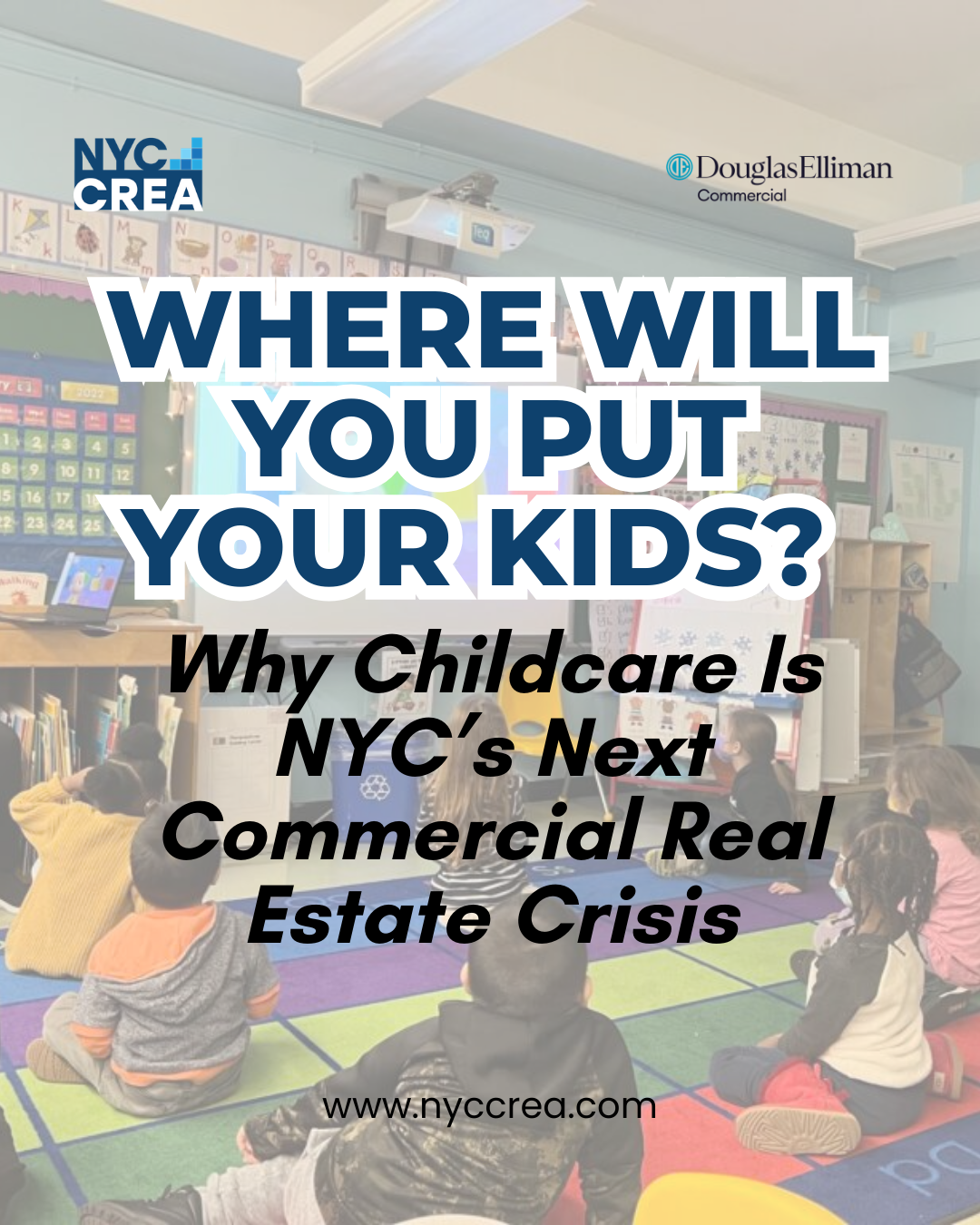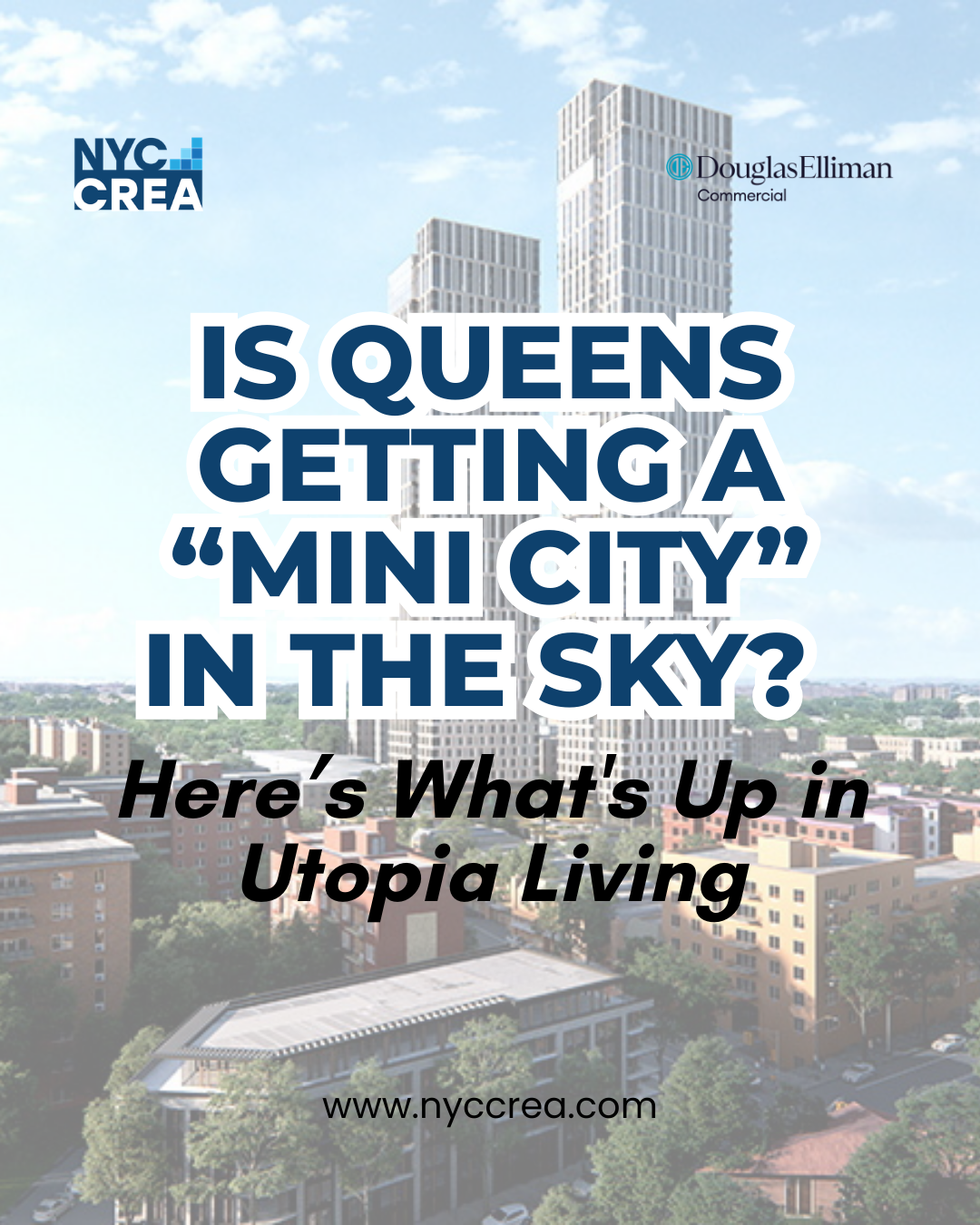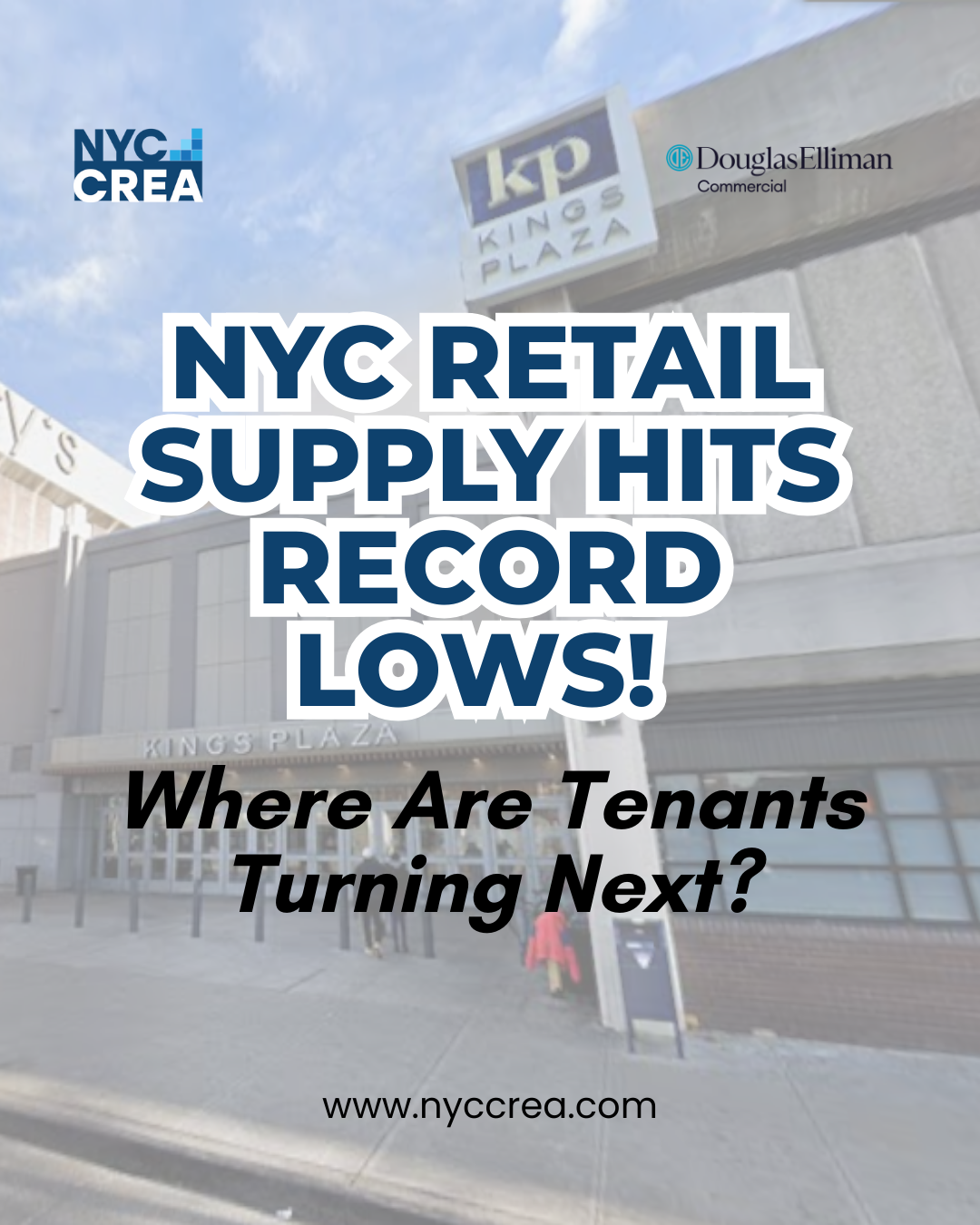The Whitestone and Bay Terrace Shopping Centers in New York have both undergone significant developments that are reshaping commercial real estate in Queens. Whitestone Shopping Center, managed by the Feil Organization, has become a key retail hub in northern Queens, while Bay Terrace Shopping Center, also seeing recent expansion, continues to draw in both national and local tenants. These two projects reflect broader trends in commercial real estate, where urban centers are experiencing retail space expansions in response to shifting consumer preferences. Both shopping centers are strategically located near major highways, benefiting from high foot and vehicle traffic, which contributes to their popularity among tenants and shoppers.
Whitestone Shopping Center, for instance, is a 220,000-square-foot property with over 100,000 vehicles passing by daily, making it a prime location for retailers. Recent leases have further solidified its importance, with tenants such as Beechhurst Executive Suites and The Smilist Dental renewing for an additional 10 years. Meanwhile, Bay Terrace Shopping Center, part of a larger expansion effort, has attracted high-profile tenants like Five Guys and Micro Center. These expansions aim to boost retail offerings and cater to the growing demands of local communities.

Strong Trend in Local Growth
The expansions of both Whitestone and Bay Terrace Shopping Centers have had a profound economic impact on the local community. The addition of new retail spaces has created numerous jobs—according to recent estimates, Bay Terrace’s new tenants could generate around 150 to 200 permanent jobs. Whitestone Shopping Center’s prime location along Cross Island Parkway and its renovations have attracted both new and existing tenants. This growth benefits the local economy by providing employment opportunities and increasing tax revenues for the city. For example, Bay Terrace’s new tenants, like Chipotle and Gen Korean BBQ House, are expected to boost the center’s annual foot traffic by up to 20%, which could translate to increased consumer spending in the area.
Additionally, commercial real estate data indicates that retail occupancy rates in Queens have remained stable, with a slight upward trend during these expansions. According to Cushman & Wakefield’s 2023 report, retail vacancy rates in Queens hover around 4.2%, which is lower than Manhattan’s 6.1%. The redevelopments at Whitestone and Bay Terrace Shopping Centers are contributing to the area’s strong performance, attracting new tenants who are eager to capitalize on the centers’ high visibility and strong community presence.

Focus on Services amid Online Shopping
One of the primary concerns is the growing competition from e-commerce. Retail sales from online platforms have risen by 15% year-over-year, which presents a significant challenge for traditional retail spaces. As more consumers prefer shopping online, Whitestone and Bay Terrace must focus on offering experiential and service-based retail that cannot be easily replicated online. Bay Terrace’s development of a second-floor fitness center and outdoor dining spaces is one such response to this shift, aiming to draw customers for services rather than just products.
Moreover, rising operational costs pose another challenge. The high cost of commercial real estate in New York has made it increasingly difficult for smaller retailers to afford rent. For example, based on reports, average asking rents in Queens for retail space are currently around $45 to $65 per square foot, depending on location and visibility. Both shopping centers must balance attracting national chains with supporting smaller businesses to maintain a diverse retail mix. Another concern is traffic congestion—local residents have expressed worries that the increased foot and vehicle traffic resulting from these expansions could worsen congestion on local streets, particularly around the busy Cross Island Parkway.

Unique, Service-oriented Experiences
The expansion of Whitestone and Bay Terrace Shopping Centers illustrates the ongoing demand for retail spaces in urban environments despite the rise of online shopping. These developments have provided essential services and shopping options for Queens residents, reinforcing the vitality of brick-and-mortar retail in the city. As the commercial real estate market continues to evolve, these centers will need to adapt to the challenges posed by e-commerce and rising operational costs.
Ultimately, the success of these shopping centers hinges on their ability to remain relevant in a fast-changing retail landscape. By focusing on offering unique, service-oriented experiences and managing rent affordability, they can continue to thrive. With thoughtful management and strategic tenant selection, these centers have the potential to continue serving as essential commercial hubs for their communities.







